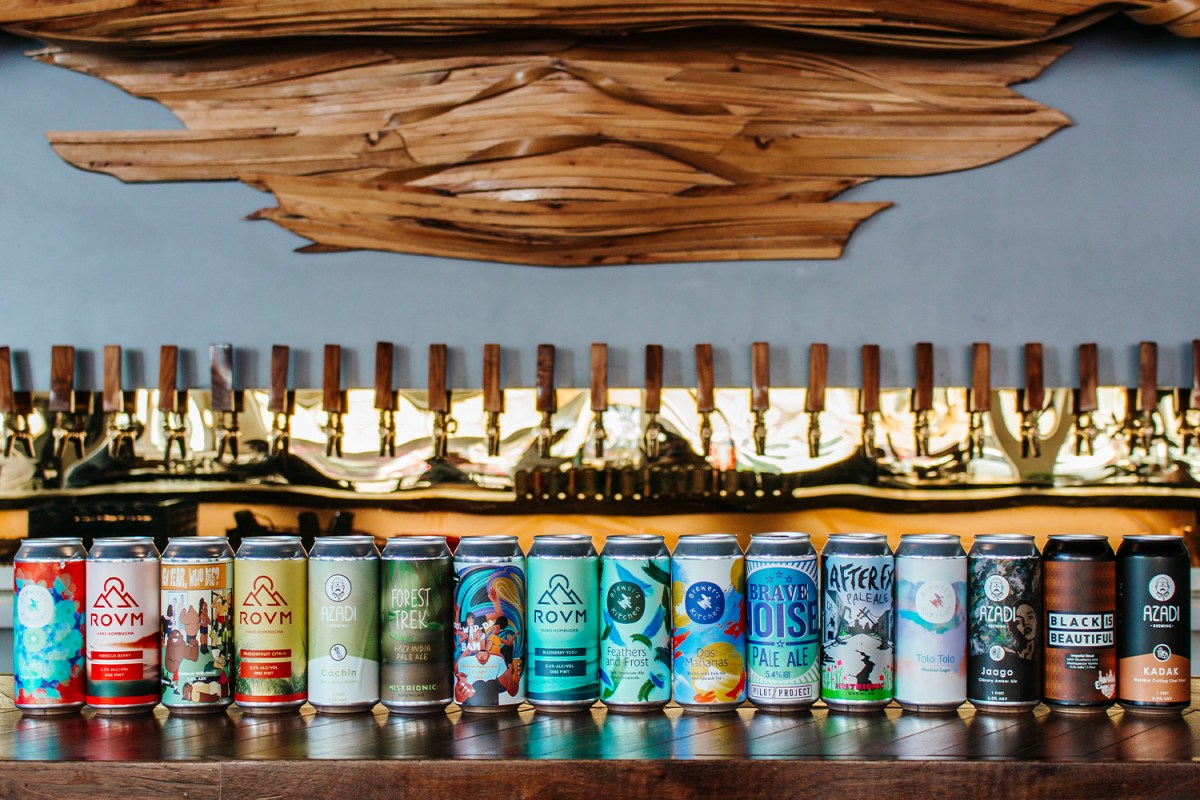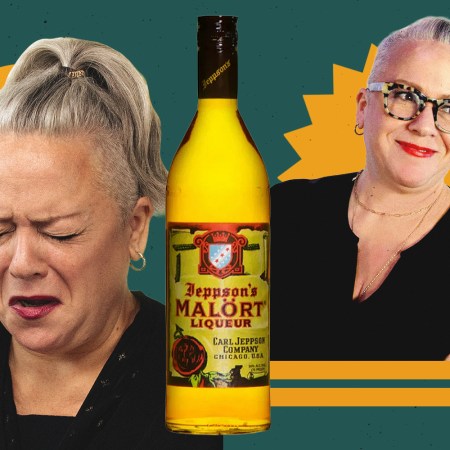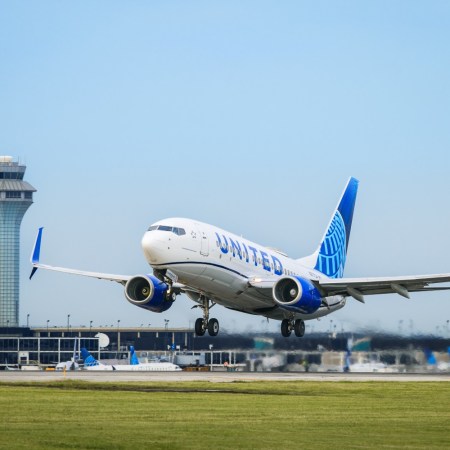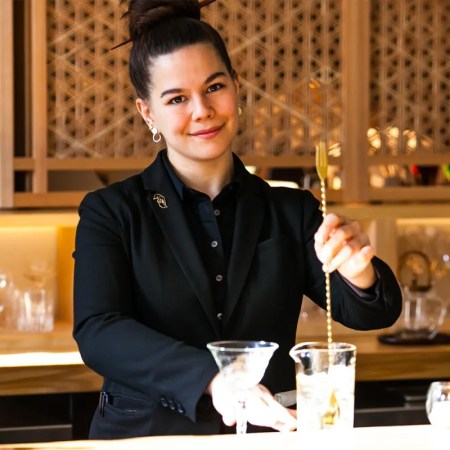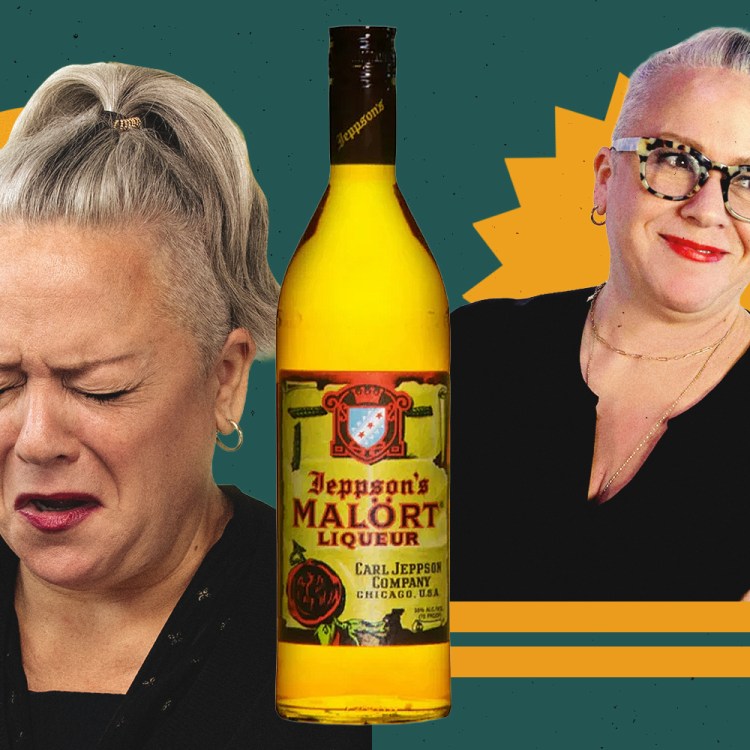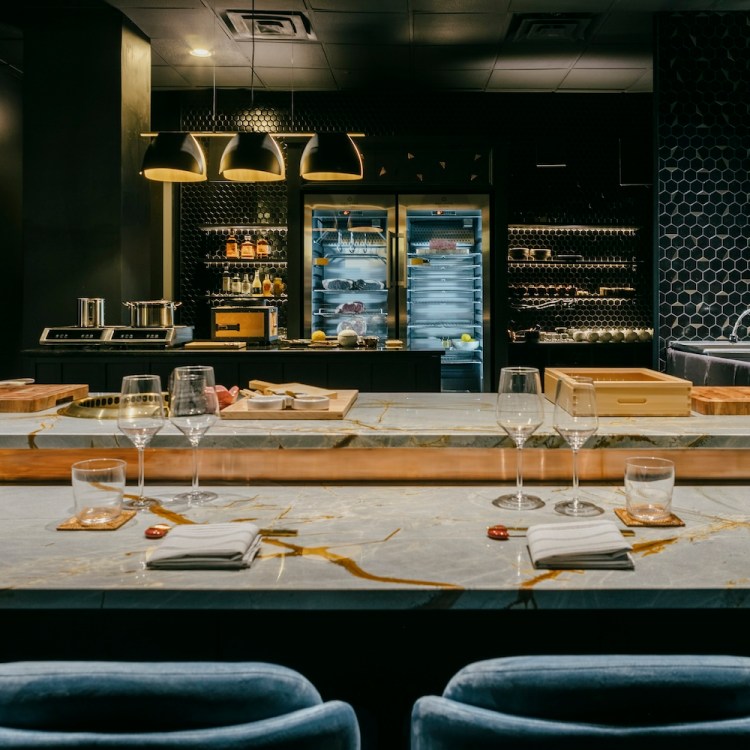The connection between emerging beer brands and the music world might not be immediately apparent.
But after working in the music industry for several years, Dan Abel and Jordan Radke saw an opportunity in the beer and fermented beverage industry. Musicians and singers can rent a studio, hire a sound engineer and make an album to bring to studios. But what about promising beer makers? Where could they go to test out their ideas and fine-tune a product before taking it to market?
That’s why Abel and Radke opened Pilot Project Brewing, a brewery incubator for new ideas and new faces in the beer industry. Since that debut two years ago, they’ve launched 13 brands including two hard kombuchas, hard seltzer and, of course, beers.
Here’s what they’ve learned about making a successful beer:
Figure out what makes your beer unique
To become a brewery partner with Pilot Project Brewing, aspirants undergo an extensive application process. (So far, the pair has received over 300 applications.) Those who proceed to the next round have to go through a Shark Tank/American Idol-esque presentation, during which they present their concept.
During the audition phase, it’s important to remember that your beer has to go beyond the positive reinforcement you’ve received from your friends and family, Abel says. You’ve got to be “doing something different,” such as speaking to a diverse audience, leveraging a unique background or doing something unique and/or experimental.
For instance, Azadi Brewing, one of Pilot Project’s brewery partners, is making craft beers to go with Indian-style dishes or key ingredients from the cuisine.
Hone your branding
Unlike some other incubators, participants here sign up for a business partnership, rather than an arrangement to brew beer on the premises. That means they get plenty of help building out their brand — their name, logo and brand message.
“I always joke that this industry is built on 70 percent product and 70 percent marketing — so it’s really up to you to determine what that equation actually looks like,” Abel says. “Because you can’t turn your cheek to the value of a brand — the brand in itself could be the innovation.”
For the most part, Abel says that most beverages come to the program ready to drink but need help with their branding. He notes that one brewery partner changed their name, while another tweaked their logo.
Beer is business
Some people are so focused on brewing that they forget that brewing is a business — including human resources, insurance and more. It can be a bit of a “rude awakening” for people, Abel says. This is especially true for applicants hoping to open a corner bar brewery. It sounds good on paper, Abel says, but the high overheads of the beer industry, as well as the rising cost of raw materials and packaged goods, make it hard to sustain.
Abel recommends being thoughtful about your choice in business partners. One person may handle the brewing while another may do the administrative side of it.
Know your market
Abel recommends being mindful of what’s already out there, noting that some brewers feel they have to have an Indian Pale Ale or a stout in their portfolio because so many other brands do. This past winter, all five brands at Pilot Project, including their house brew, made stouts. They all may be great stouts, Abel says, but they’re all competing with one another.
“It’s a very interesting choice when you decide to go against the grain,” Abel notes.
Sometimes you have to build your own market. ROVM Hard Kombucha developed a hard kombucha, but there wasn’t a market for it in Illinois. That meant some additional education to let people know that hard kombucha even existed. The brand had a slower start, but after patiently helping to educate people about the product category, it’s now “paying dividends,” Abel says.
Engaging your audience
Part of the work is showing up and talking with people, whether in person or on social media. “So much about brand building also comes from breaking the fourth wall and humanizing yourself and humanizing why you care about what you do,” Abel says. The beer (and related fermented beverages) industry values authenticity and a home-grown approach.
Funkytown Brewery is a Black-owned business working “to open up the craft beer scene to the Black community, but also just create beers that are approachable,” Abel says. It uses social media to tell their story and engage with their audience. They are also bringing new ideas to the Pilot Project. “Their approach has made them so successful thus far, just being so proactive with their story and their goals,” Abel says.
Ultimately, he noted, “the best brand story is the story that can be told by your customers and becoming a part of their story. If you become a part of their story, then they’re going to tell it again and again and again.”
This article was featured in the InsideHook Chicago newsletter. Sign up now for more from the Windy City.
